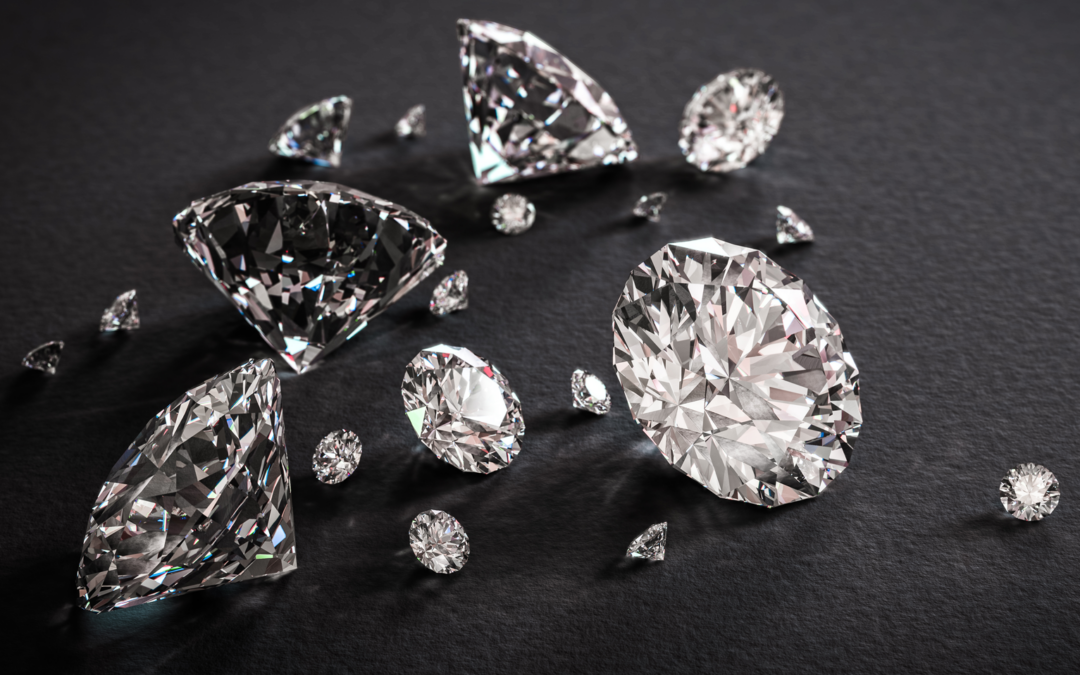
Gold coins have long been a symbol of wealth and investment. Whether you’ve inherited a collection, purchased gold coins as a form of savings, or are simply looking to liquidate your assets, knowing the best way to sell gold coins can help you maximize your profits. In this article, we will explore the most effective strategies for selling gold coins while ensuring that you get a fair price for your valuable collection.
Table of Contents
Understanding the Value of Gold Coins
Before diving into the selling process, it’s essential to understand what factors influence the price of gold coins. These include:
1. Gold Content and Weight
The most obvious determinant of the value of a gold coin is the amount of pure gold it contains. Gold coins are typically measured in troy ounces, and their value is directly related to the current market price of gold.
2. Rarity and Demand
Certain gold coins, especially rare or historical ones, can fetch higher prices due to their scarcity. Coins like the American Gold Eagle, Krugerrands, or the Canadian Gold Maple Leaf, while common, can still bring a good price, especially if they are in excellent condition.
3. Coin Condition
The condition of your coins (also known as its grade) plays a critical role in determining its value. Coins that are well-preserved or in mint condition generally command a premium.
Where to Sell Gold Coins
There are several avenues you can explore when deciding what is the best way to sell gold coins. Each has its pros and cons, so it’s important to evaluate your options carefully.
1. Local Coin Shops
Selling gold coins to a local coin shop is one of the quickest and most convenient ways to get cash. However, the offer you receive may be lower than you would get from other avenues because coin dealers typically offer lower prices to ensure they can resell the coins at a profit.
Pros:
- Immediate cash payment
- Local convenience
Cons:
- Lower offers
- Limited options for comparison
2. Online Coin Dealers
There are numerous online platforms and dealers who specialize in buying and selling gold coins. Some popular options include APMEX, JM Bullion, and GoldSilver.com. When selling online, ensure the dealer has a solid reputation and offers a transparent buying process.
Pros:
- Potentially better prices
- Easy access to a wide network of buyers
Cons:
- Shipping costs and risks (insurance required)
- Waiting for payment
3. Auction Houses
If you have rare or highly valuable coins, an auction house could be a great option. Major auction houses like Sotheby’s and Heritage Auctions have dedicated departments for selling coins and can attract collectors who may be willing to pay a premium for rare items.
Pros:
- High potential return for rare coins
- Expert handling and promotion
Cons:
- Fees (commission and listing fees)
- Time-consuming process
4. Gold Buyers and Refiners
If you simply want to sell your gold coins for their gold content, you can consider selling to a gold buyer or refiner. These businesses specialize in purchasing precious metals and will typically offer you the spot price of gold, which might not account for the coin’s rarity or condition.
Pros:
- Fast and easy process
- Likely to offer a good price based on the current gold market
Cons:
- Might not account for numismatic value
- Less personal service than a specialized dealer
5. Pawn Shops
Pawn shops can be an easy way to sell gold coins, especially if you’re in need of quick cash. However, pawn shops typically offer lower prices than coin dealers, Melbourne gold buyers, as they aim to resell the items for a profit.
Pros:
- Fast cash
- Convenient
Cons:
- Lower offers than other options
- Limited expertise in numismatics
How to Get the Best Price for Your Gold Coins
To ensure you get the best price when selling your gold coins, follow these steps:
1. Do Your Research
Before selling, research the current market value of gold and understand the specific value of your coins. Websites like the Kitco Gold Price and CoinWeek provide up-to-date pricing information.
2. Get Multiple Offers
Don’t settle for the first offer you receive. Contact multiple dealers, coin shops, and online platforms to compare offers. This can help you determine the fair market price for your coins.
3. Evaluate the Dealer’s Reputation
Whether you’re selling in person or online, it’s essential to ensure that the dealer is reputable. Check customer reviews, ratings, and any complaints with the Better Business Bureau (BBB). Working with a trusted dealer can help you avoid scams or unfair practices.
4. Consider Timing the Market
Gold prices can fluctuate based on a range of factors such as global economic conditions, inflation rates, and geopolitical events. If you’re not in urgent need of cash, it might be worth waiting for the right time to sell when the price of gold is higher.
5. Understand the Selling Process
Make sure you fully understand the terms and process before selling your gold coins. Whether you’re selling to an online dealer or in person, ask about any fees, shipping insurance (for online sales), and the timeframe for payment.
Conclusion
Selling gold coins can be a rewarding experience if you follow the right steps. Whether you choose to go through a local dealer, an online platform, or an auction house, always do your research and ensure that you’re getting a fair price for your coins. By understanding the market and leveraging the right selling options, you can maximize your profits and ensure a smooth transaction.




